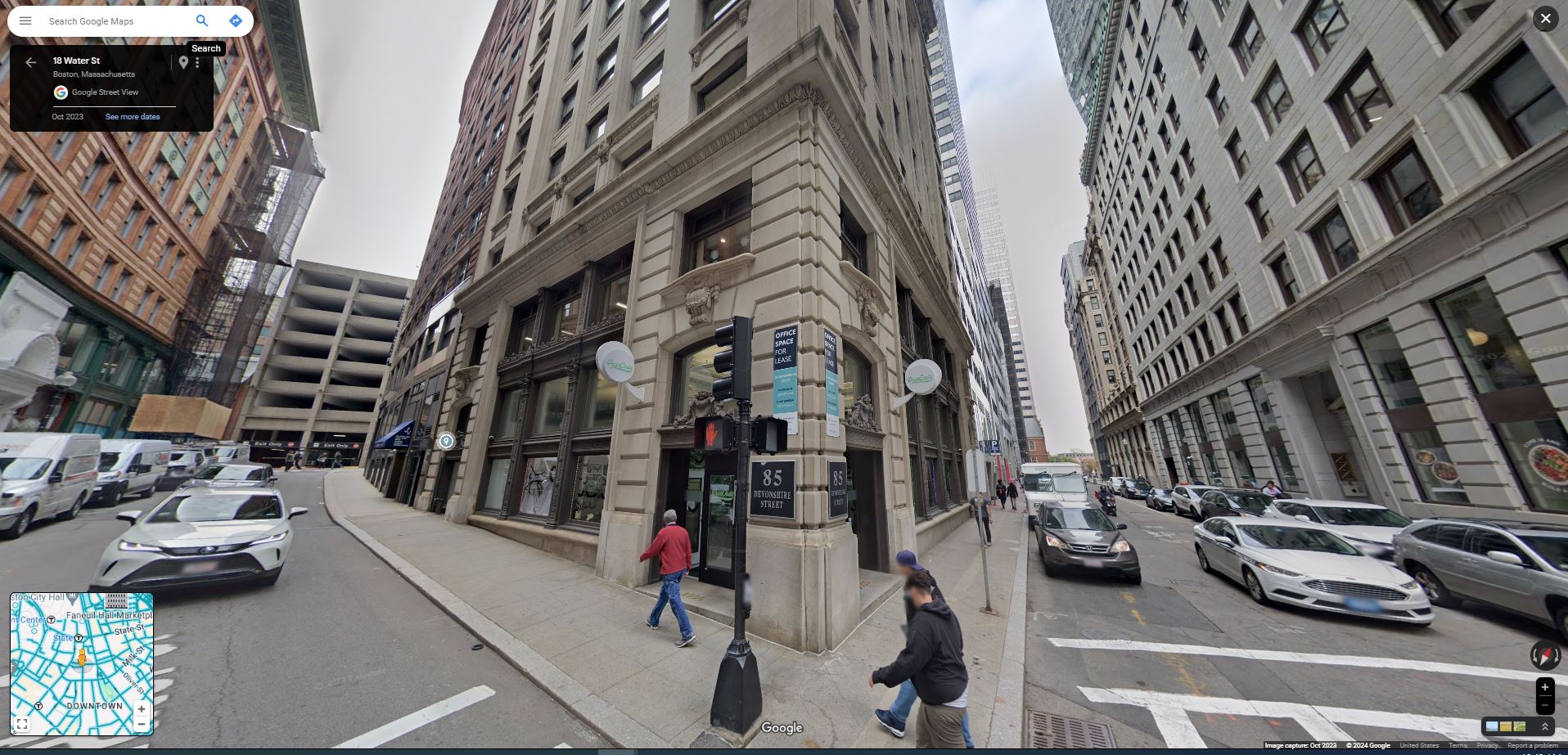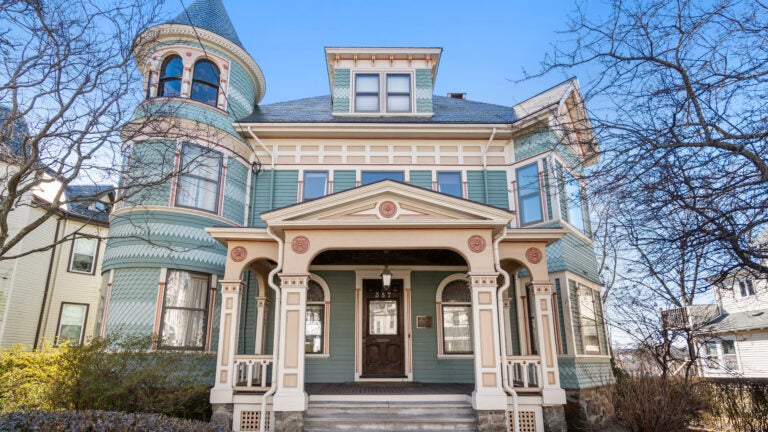404; This page isn't the first thing to get lost in Boston.
Keep calm and return to the previous page, or check out some our most popular stories from today.
Keep calm and return to the previous page, or check out some our most popular stories from today.









